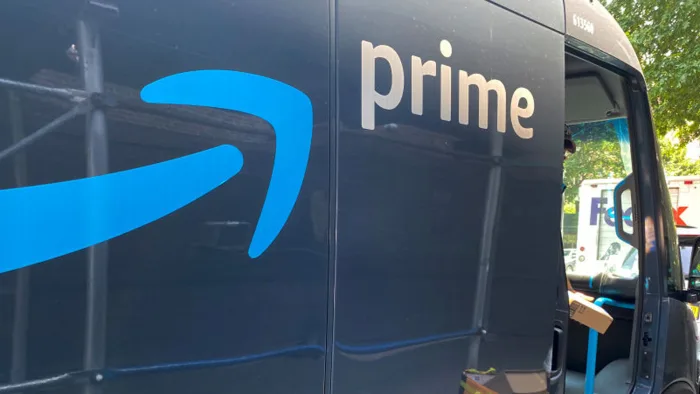Major Shipping Company Files Chapter 11 Bankruptcy for Liquidation
According to The Street, Since the onset of the Covid-19 pandemic, logistics companies have grappled with significant financial distress, impacting the entire industry. In 2020 alone, the sector witnessed around 3,000 trucking company closures and numerous job layoffs. As the pandemic waned, a driver shortage emerged, amplifying the demand for truck drivers. However, the situation worsened in 2022 when shipping rates fell and fuel prices doubled, further straining the industry.
Ongoing Struggles Amidst Economic Pressures
Over the past two years, logistics companies have encountered a myriad of challenges, including inflation, high-interest rates, and escalating costs for insurance and wages. These issues have compounded the difficulties already facing the sector, leaving many companies unable to recover. Major trucking firms such as J.B. Hunt Transport Services (JBHT) and Knight-Swift Transport Services (KNX) recently reported disappointing earnings, attributing weaker demand for their services to inflation discouraging consumer spending on new goods.
As a result, several trucking and shipping companies have been compelled to file for Chapter 11 bankruptcy this year, with some opting for Chapter 7 to liquidate their operations. In a notable case, one company is simultaneously filing for Chapter 11 while moving towards liquidation.
DRF Logistics Files for Chapter 11 Bankruptcy
On August 8, global e-commerce shipping company DRF Logistics filed for Chapter 11 bankruptcy in the U.S. Bankruptcy Court for the Southern District of Texas, seeking to wind down and liquidate its business. According to a declaration from Chief Restructuring Officer Eric Kaup of Hilco Global, the company aims to sell substantially all of its assets and provide distributions to its stakeholders.
In its bankruptcy petition, DRF listed assets and liabilities between $100 million and $500 million. The company’s largest unsecured creditors include Priority Express Courier, owed $2.3 million; Spot Freight, owed $2.1 million; and XPO Express, owed $1.7 million.
A History of Losses and Overcapacity
DRF Logistics, based in Austin, Texas, provided domestic e-commerce parcel services, including delivery, returns, and modular delivery solutions across 200 destinations. The company was previously an indirect subsidiary of Pitney Bowes Inc. (PBI) after the global shipping firm acquired its predecessor, Newgistics, in 2017. Since the acquisition, DRF has reported significant annual losses attributed to excessive overcapacity, which pressured the company to reduce pricing on volume.
Also read: Act Now! Grab Your Share of Up to $1,942 from $29M Privacy Settlement—No Proof Necessary
To cope with its fixed costs associated with building out its shipping network, DRF attempted to maintain volume by offering discounts and collaborating with clients handling lighter weight shipments deeper within its network. Unfortunately, this strategy led to a decline in revenue per parcel.
Pitney Bowes’ Role and Future Steps
Pitney Bowes had been funding DRF’s annual losses, which averaged approximately $97 million since 2019. However, in early 2023, the company initiated a strategic review of its global e-commerce business and sought a sale of DRF as a going concern. When those efforts failed, Pitney Bowes considered an out-of-court wind-down or a potential Chapter 11 bankruptcy filing.
To facilitate the bankruptcy process, Pitney Bowes relinquished majority voting rights of DRF to a Hilco Global affiliate, retaining 19% voting rights and 100% economic interests. The debtor also arranged secured debt amendments to release itself from roughly $1 billion in secured debt, allowing the bankruptcy filing to proceed.
Shortly after filing for Chapter 11, DRF Logistics submitted a restructuring support agreement that outlines an orderly wind-down of its business as part of its liquidation plan.
Conclusion
The logistics industry continues to navigate a challenging landscape marked by financial distress and operational difficulties. As companies like DRF Logistics face the reality of bankruptcy and liquidation, the sector must adapt to shifting economic conditions and reevaluate its strategies to survive in an increasingly competitive environment.






